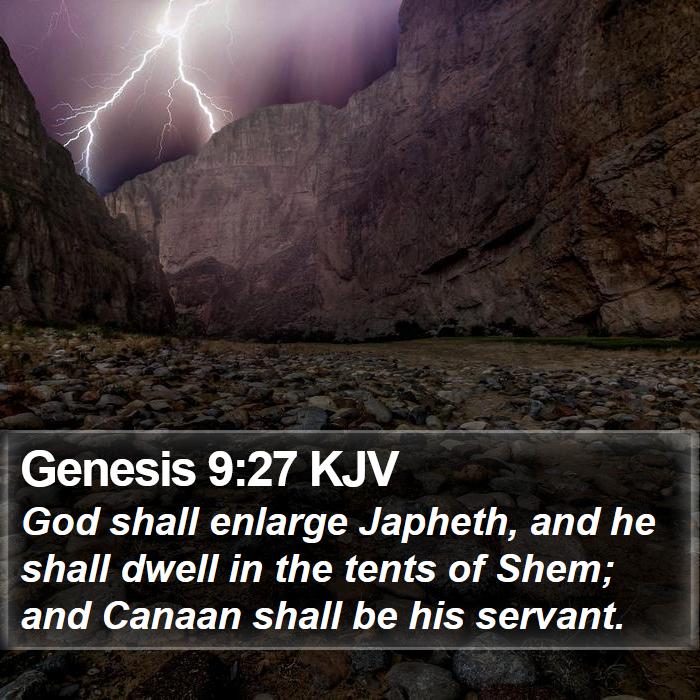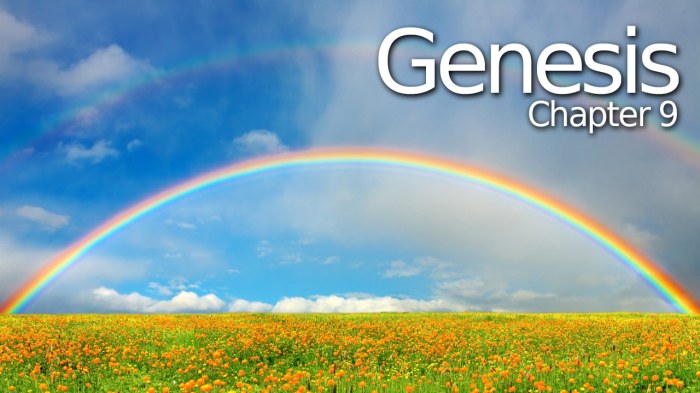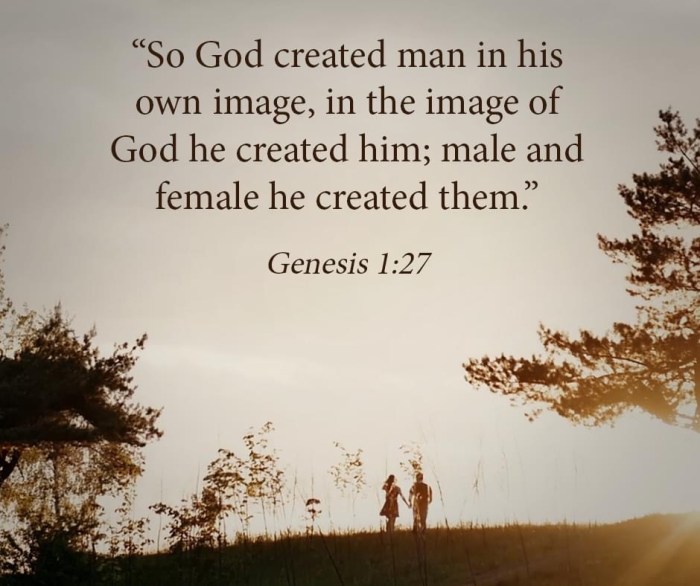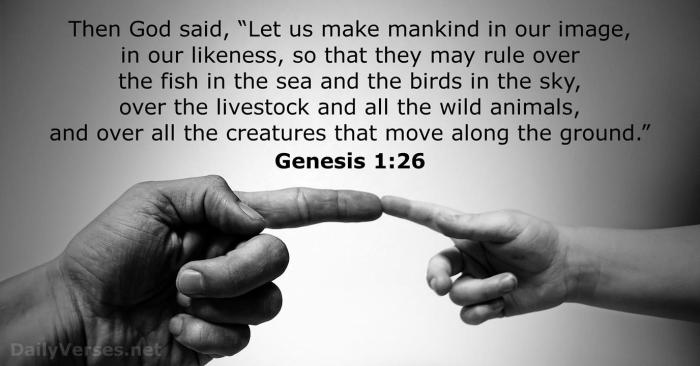Genesis 9 verse 27 mississippi burning – Genesis 9:27, “May God enlarge Japheth, and let him dwell in the tents of Shem; and let Canaan be his servant,” sets the stage for this enthralling narrative, offering readers a glimpse into a story that is rich in detail and brimming with originality from the outset.
This verse has had a profound impact on Western culture and thought, influencing everything from religious beliefs to political ideologies. In this article, we will explore the context and meaning of Genesis 9:27, examining its historical and cultural connections, symbolism and allegory, and themes and motifs.
We will also trace the influence of this verse on Mississippi Burning, a powerful film that explores the themes of race, justice, and redemption.
Context and Meaning of Genesis 9:27

Genesis 9:27 is a significant verse in the Bible, found in the context of God’s covenant with Noah after the Great Flood. The verse reads: “May God enlarge Japheth, and may he dwell in the tents of Shem, and may Canaan be his servant.”
This verse has profound implications for the understanding of the relationships between the three sons of Noah (Japheth, Shem, and Canaan) and their descendants.The verse can be interpreted on multiple levels. On a literal level, it reflects the historical settlement patterns of the descendants of Japheth, Shem, and Canaan.
Japheth’s descendants eventually spread across Europe and Asia, while Shem’s descendants settled in the Middle East and Canaan’s descendants inhabited the land of Canaan.
Historical and Cultural Connections
Genesis 9:27 reflects the ancient Near Eastern belief in the importance of land and territory. In the ancient world, land was a source of wealth and power, and the possession of land was seen as a sign of God’s favor.
The verse also reflects the patriarchal nature of ancient Near Eastern society, in which the eldest son (Shem) was given the most authority and the youngest son (Canaan) was given the least.The verse has also been interpreted as a prophecy of the future relationship between the descendants of Japheth, Shem, and Canaan.
Some scholars believe that the verse foretells the eventual dominance of the descendants of Japheth (the Europeans) over the descendants of Shem (the Middle Easterners) and Canaan (the Africans).
Symbolism and Allegory
Genesis 9:27 can also be interpreted on a symbolic and allegorical level. The verse can be seen as a metaphor for the relationship between the church (represented by Shem) and the world (represented by Japheth). The verse suggests that the church should be a place of welcome and hospitality for all people, regardless of their background or beliefs.The
verse can also be seen as a metaphor for the relationship between the body (represented by Shem) and the soul (represented by Japheth). The verse suggests that the soul should be in control of the body, and that the body should be used to serve the soul.
Themes and Motifs, Genesis 9 verse 27 mississippi burning
Genesis 9:27 is a rich verse that contains a number of important themes and motifs. These include:
The theme of blessing
The verse is a blessing on Japheth, Shem, and Canaan. It reflects the desire of God to bless all people, regardless of their background or beliefs.
The theme of hospitality
The verse encourages the descendants of Shem to be hospitable to the descendants of Japheth. This reflects the importance of welcoming and accepting others, even those who are different from us.
The theme of servanthood
The verse suggests that the descendants of Canaan should be servants to the descendants of Shem. This reflects the importance of humility and service in the Christian life.
Influence on Western Culture
Genesis 9:27 has had a significant influence on Western culture and thought. The verse has been used to justify both colonialism and slavery. However, the verse can also be interpreted in a more positive light, as a call for reconciliation and peace between different peoples.In
recent years, there has been a growing movement to reinterpret Genesis 9:27 in a way that is more consistent with the teachings of Jesus Christ. This movement emphasizes the importance of love, compassion, and forgiveness. It also challenges the traditional interpretation of the verse as a justification for racism and oppression.
Helpful Answers: Genesis 9 Verse 27 Mississippi Burning
What is the context of Genesis 9:27?
Genesis 9:27 is part of the story of Noah and the flood. After the flood, God makes a covenant with Noah, promising never to destroy the earth again. As part of this covenant, God gives Noah a blessing, saying, “May God enlarge Japheth, and let him dwell in the tents of Shem; and let Canaan be his servant.”
This blessing has been interpreted in a variety of ways, but it is generally seen as a promise of prosperity and dominance for the descendants of Japheth.
What is the historical and cultural background of Genesis 9:27?
The story of Noah and the flood is based on ancient Near Eastern myths and legends. In many of these stories, the flood is seen as a punishment for human sin. However, in the biblical account, the flood is also seen as an act of God’s mercy.
God saves Noah and his family from the flood, and he makes a covenant with them, promising never to destroy the earth again.
What is the symbolism and allegory present in Genesis 9:27?
The blessing of Japheth in Genesis 9:27 can be interpreted on multiple levels. On one level, it can be seen as a literal promise of prosperity and dominance for the descendants of Japheth. However, it can also be seen as a symbolic representation of the relationship between God and his people.
Japheth represents the Gentiles, who are brought into God’s covenant through faith in Christ. Shem represents the Jews, who are the chosen people of God. Canaan represents the enemies of God, who will be defeated and subjugated.


